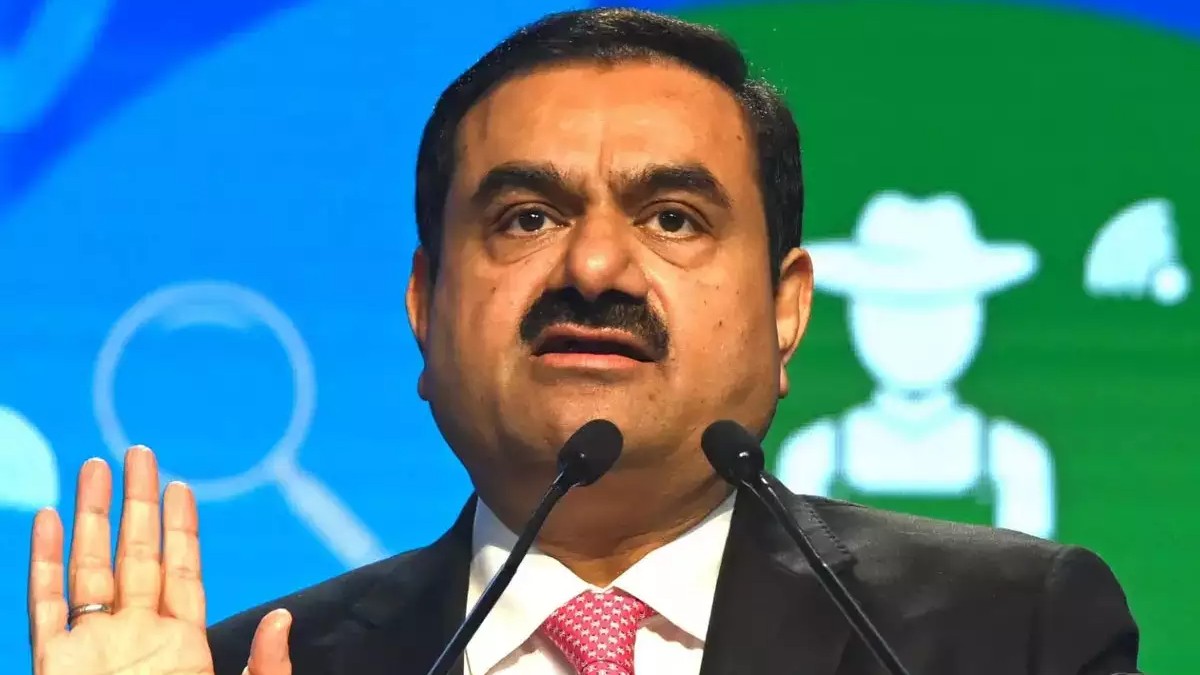One of the largest backers and investors in Gautam Ad.’s Ad. Group, GQG Partners Inc., led by Rajiv Jain, may repurchase its own stock after it fell due to worries about the fund manager’s involvement with the Indian conglomerate, according to Bloomberg.
The US-based investment firm intends to buy back up to AUD100 million (USD 65 million) in Sydney-listed depositary receipts, according to the report.
Gautam Ad.’s Rebuttel
In response, Ad. Group called the accusations ‘baseless.’ The statement read, The Ad. Group Spokesperson affirms that ‘the accusations against Ad. Green directors made by the US Securities and Exchange Commission and the US Department of Justice are unfounded and refuted.’
GQG partners back with roughly Rs 80,000 crore investment
Following the January 2023 Hindenburg Research report accusing the conglomerate of financial irregularities, Jain’s GQG Partners was among the first to support the Ad. Group.

GQG made large investments in Ad. Enterprises, Ad. Green Energy, and Ad. Ports, totaling an estimated Rs 80,000 crore.
Jain described these actions as calculated, taking advantage of cheap assets in the face of unfavorable sentiment. At first, his investments seemed wise since Ad.’s stock rose, almost recovering the USD 150 billion that the Hindenburg report had destroyed.
GQG partner statement after latest charges against Ad.
The most recent claims of a USD 250 million bribery scheme to obtain contracts for solar power have sparked renewed interest. ‘Monitoring the charges’ and ‘reviewing emerging details to determine appropriate actions for its portfolios’ GQG said in a statement.
GQG partner’s AUM in Ad. stocks
One of the main characteristics of GQG’s unique approach has been its concentrated investments in Ad. businesses. It raised its investments in Ad. Energy Solutions, Ad. Enterprises, and Ad. Green Energy during the September quarter.
However, the current situation has brought to light the dangers of this kind of concentrated exposure, as the firm’s USD 155.6 billion Funds Under Management are feared to be in danger due to large client withdrawals.

